October is Domestic Violence Awareness Month, a time to honor survivors, remember those lost, and raise awareness about relationship abuse. Here in Churchill County, Fallon’s Domestic Violence Intervention (DVI) is marking the month with outreach, education, and a reminder that each one of us can pledge not to hurt others.
“Churchill County Domestic Violence Interventions just kicked off their yearly Hands Are Not for Hitting campaign,” said Churchill County’s Domestic Violence and Sexual Assault Advocate, Megan Amick. “We go to each of the schools in the district and have the kids pledge to use their hands for helping, not hurting.”
Each student adds their purple handprint to the DVI pledge bus, creating a visual reminder that compassion and respect start early. This year, Detectives Ugalde and Edwards with the Fallon Police Department joined the effort, taking the pledge alongside students at Lahontan Elementary School, where DVI launched its campaign.
The campaign is not the only local effort underway. DVI is currently hosting a fundraiser through Oct. 31 during the downtown Spooktacular event. “We are raffling off a Boo Basket to bring awareness to Domestic Violence Awareness Month,” Amick said. “Tickets are $1 each or 25 for $20. All proceeds from ticket sales will help us help victim survivors.” Tickets can be purchased online or in person at the Chamber of Commerce and Churchill Community Coalition offices.
Since 1989, October has been nationally recognized as Domestic Violence Awareness Month. The campaign began as the “Day of Unity” in 1981 and was created to increase public understanding of domestic violence, honor survivors, and promote prevention and early education. This year, Governor Joe Lombardo has once again proclaimed October as Domestic Violence Awareness Month in Nevada, joining organizations statewide in hosting events to support survivors and promote safety in every community.
But beyond the ribbons and proclamations lies a harder truth: leaving an abusive relationship isn’t simple. And children cannot just leave when the home becomes unsafe. They rely on the adults around them to notice, to speak up, and to make safety possible.
University of Nevada, Reno researcher, Pam Payne, and author of “Why Is It So Difficult for Survivors to Leave Abusive Relationships?” explains that walking away is often a complicated and dangerous process.
“Leaving an abusive relationship is complex and difficult, even with support and resources,” Payne writes. “Many survivors face barriers to leaving abusive relationships, including fear, emotional manipulation, and diminished self-worth, financial dependence, and social stigmas.”
Some survivors stay because of “investment” in the relationship, shared children, years together, or a belief that leaving will destroy the family, says Payne. “Maintaining a family unit may be a goal of the survivor or a tactic used by the abuser to guilt the survivor into remaining in the relationship.” Survivors may also “attempt to rationalize abusive behaviors, internalizing blame and hoping their partner will return to the person they fell in love with.”
Domestic violence thrives in silence. It can be very difficult for individuals in abusive relationships to admit to abuse or to ask for help. Awareness months and local efforts like DVI’s purple handprints help bring light where fear too often lives in the dark. By learning, listening, and supporting the people doing this work every day, communities like Fallon can help ensure that every survivor and every child knows they are not alone.
For information or support, contact Domestic Violence Interventions in Fallon at dvifallon.org or call 775-423-1313. If you or someone you know is in danger, call the National Domestic Violence Hotline at 800-799-SAFE (7233).


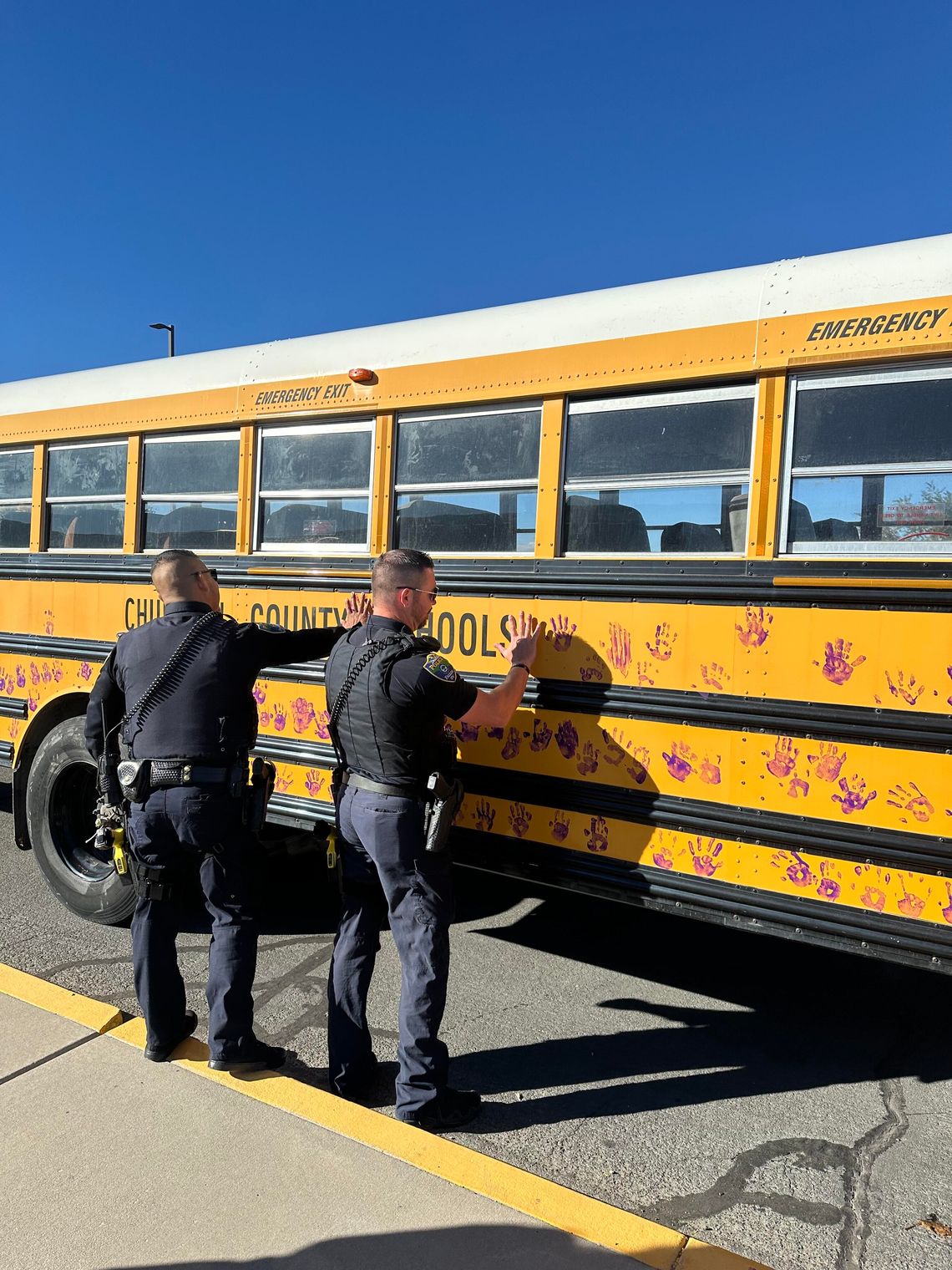
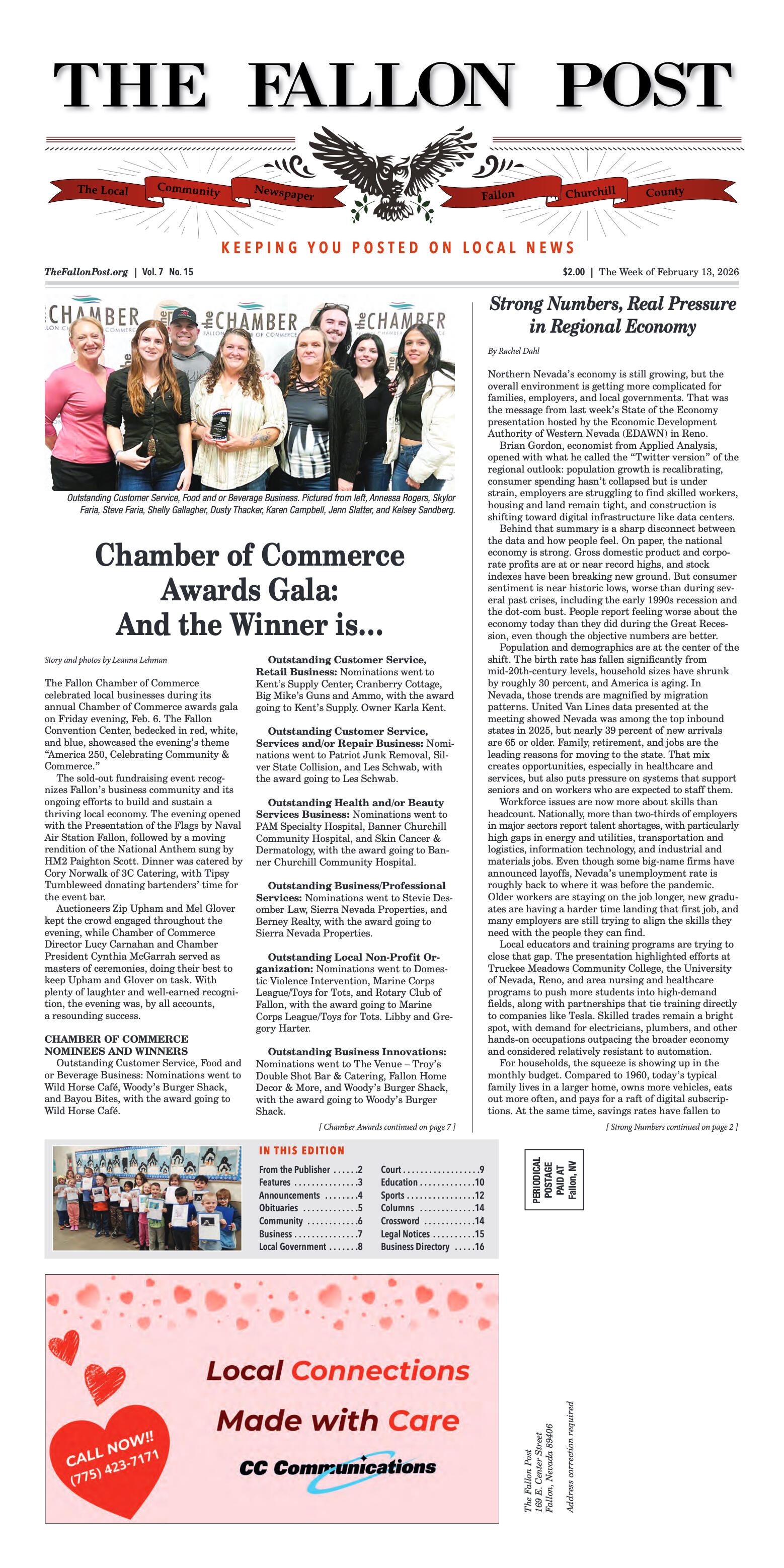
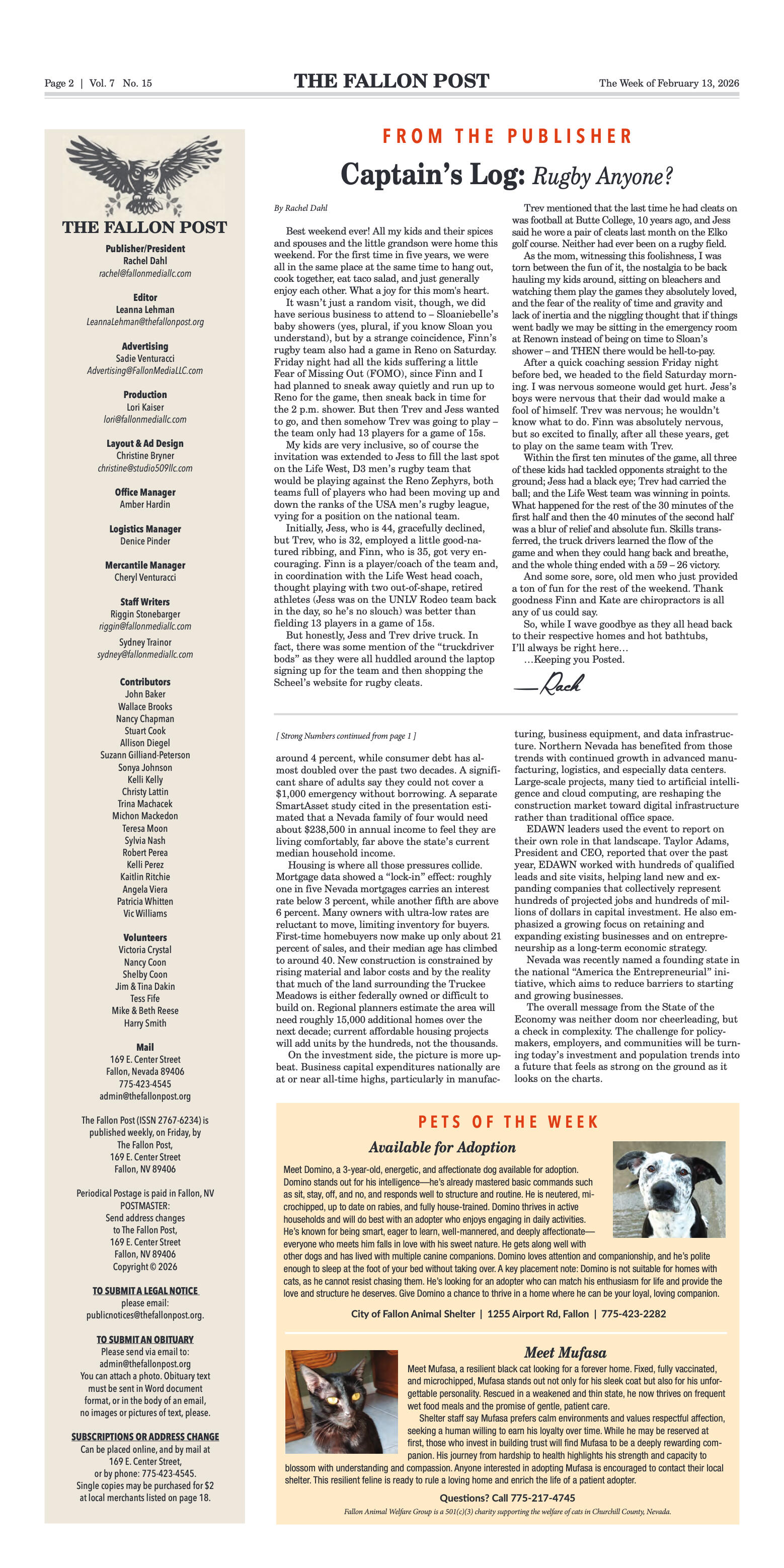
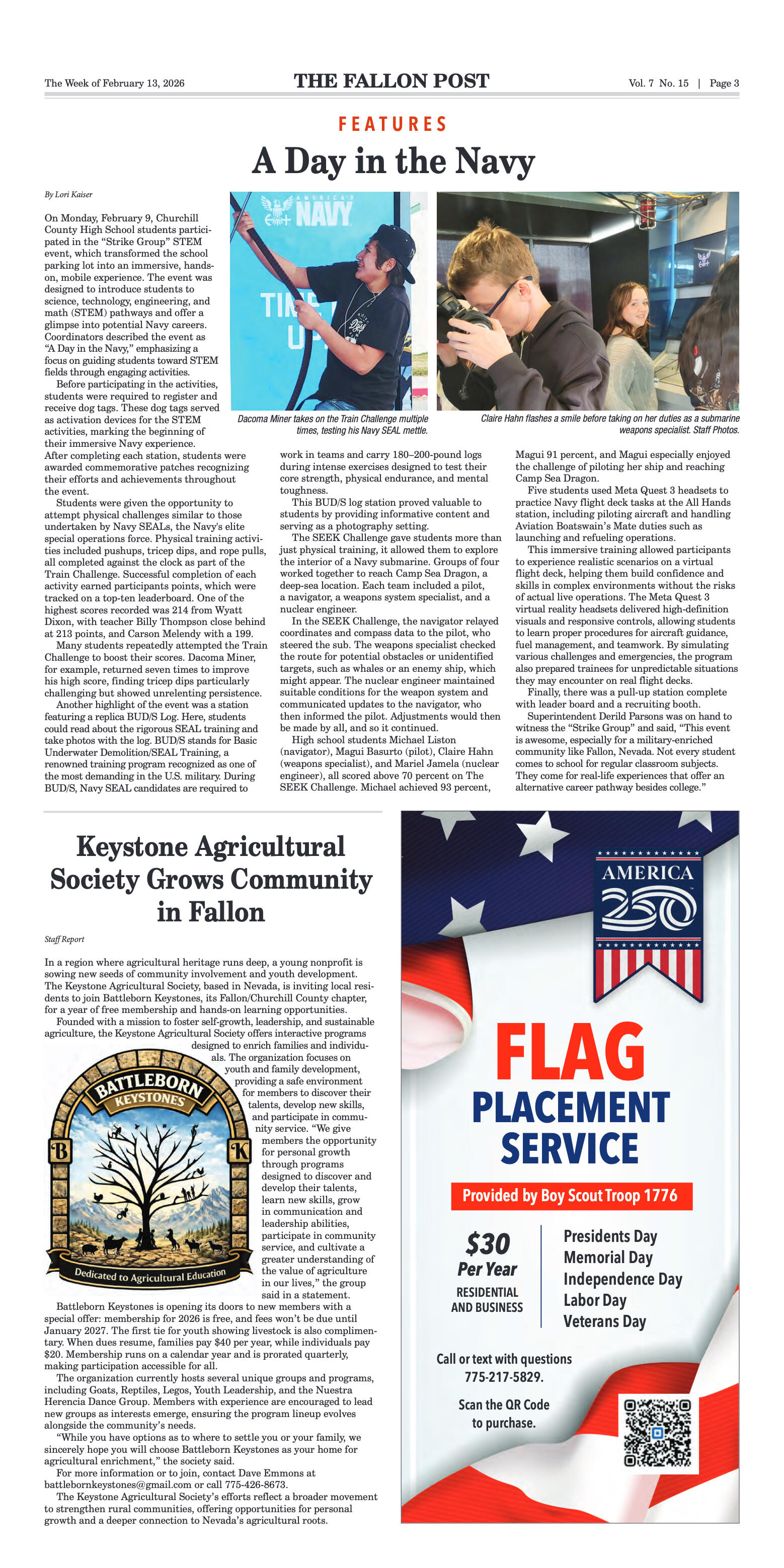
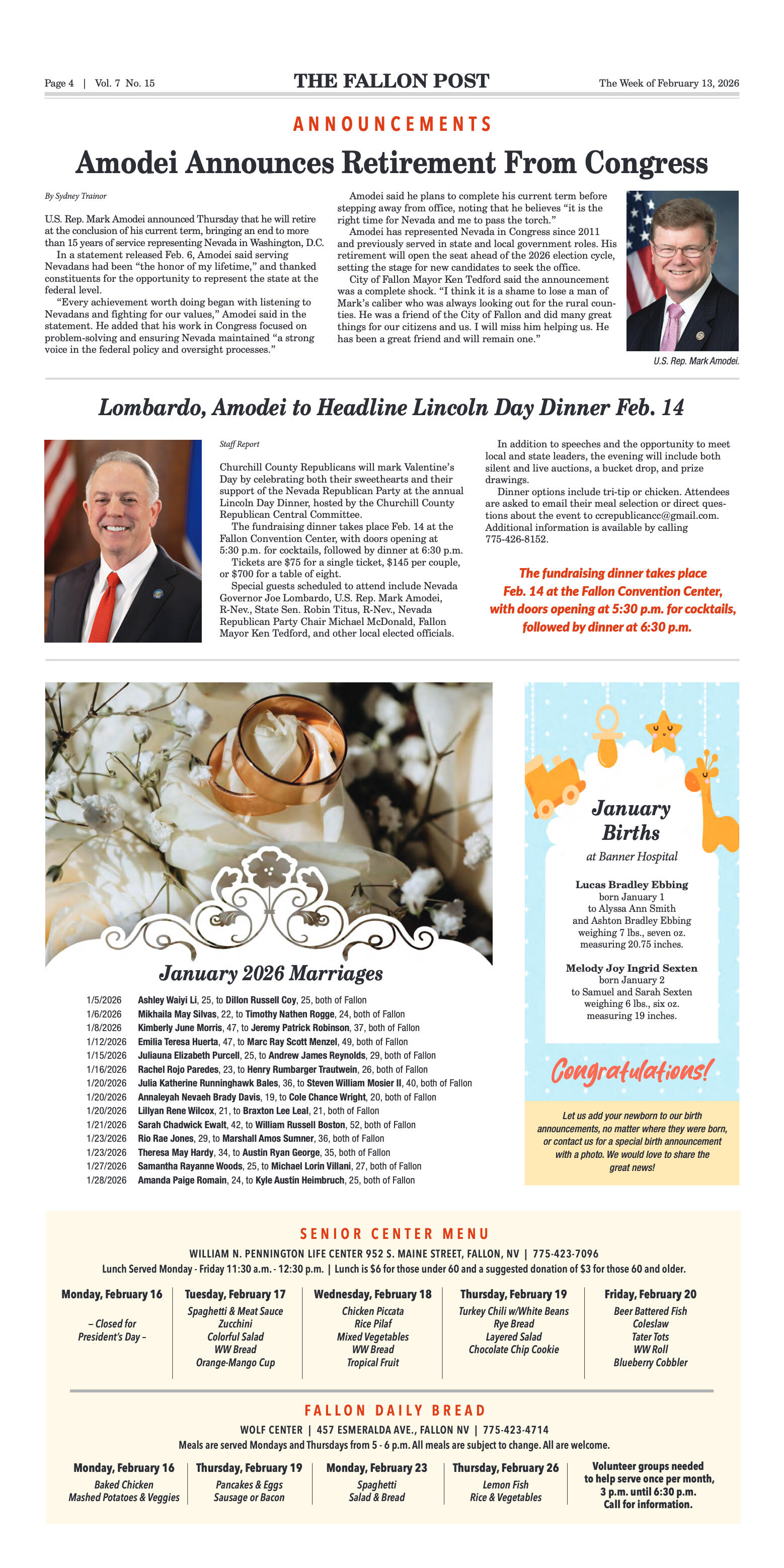
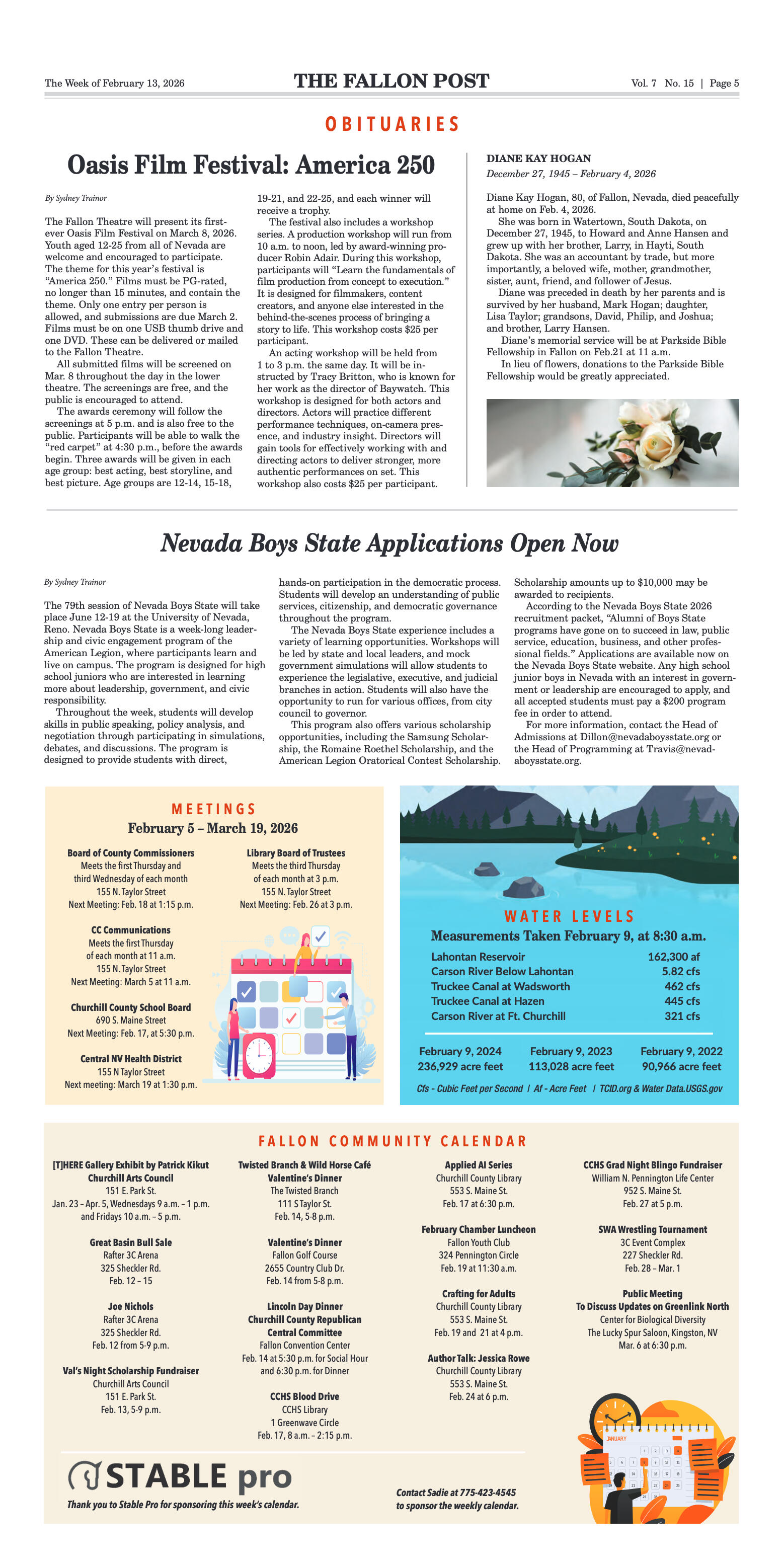
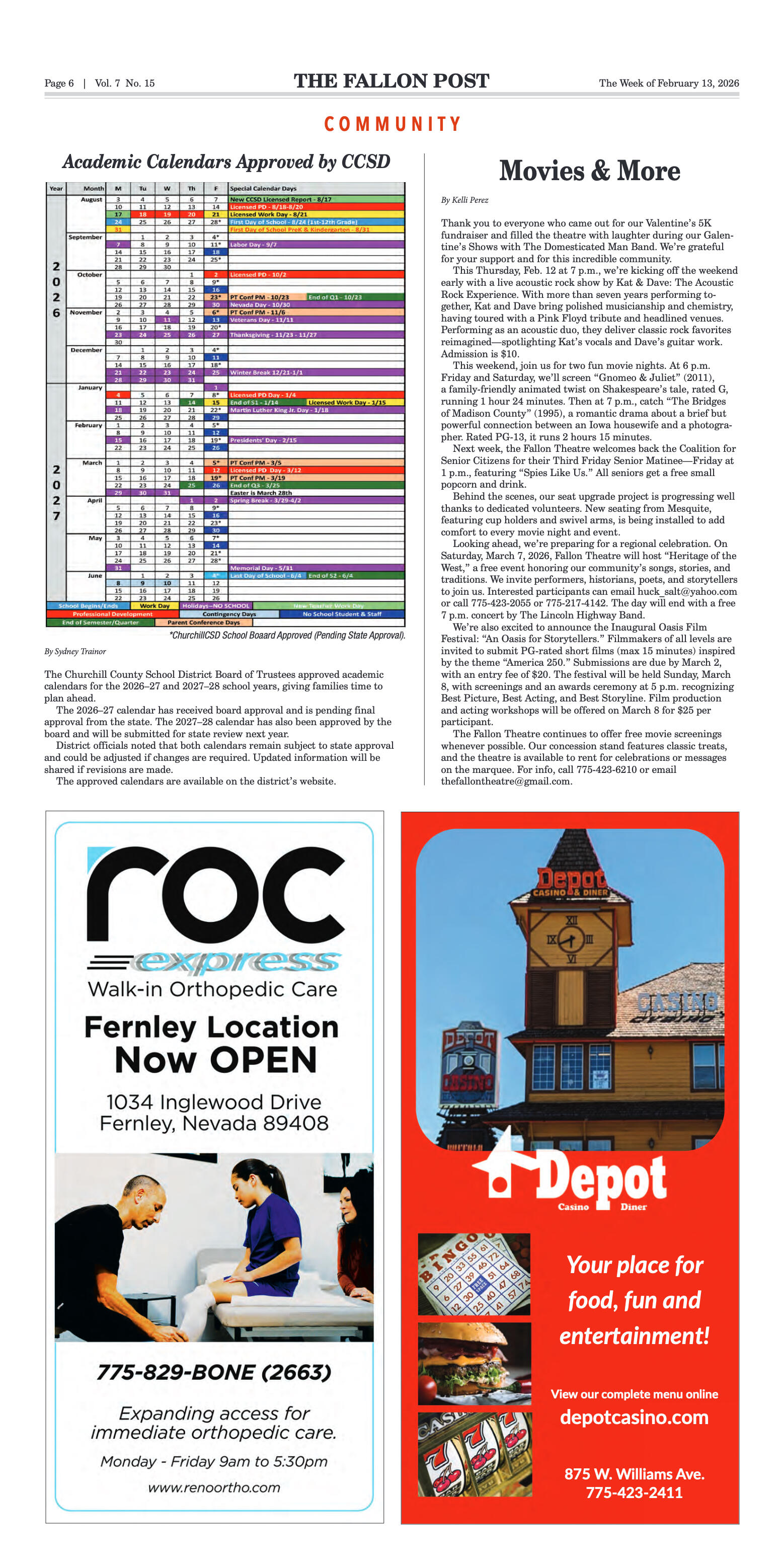
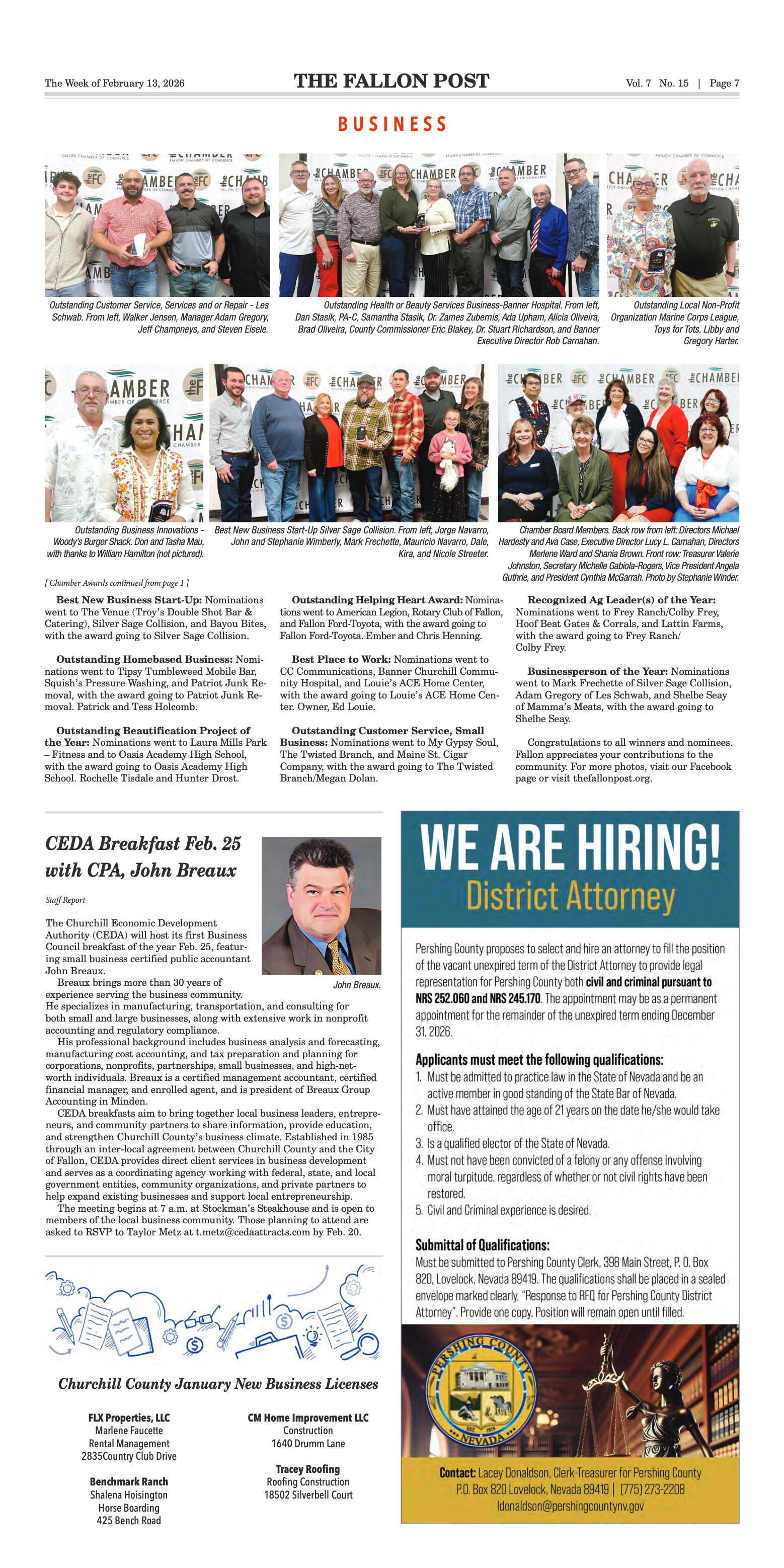
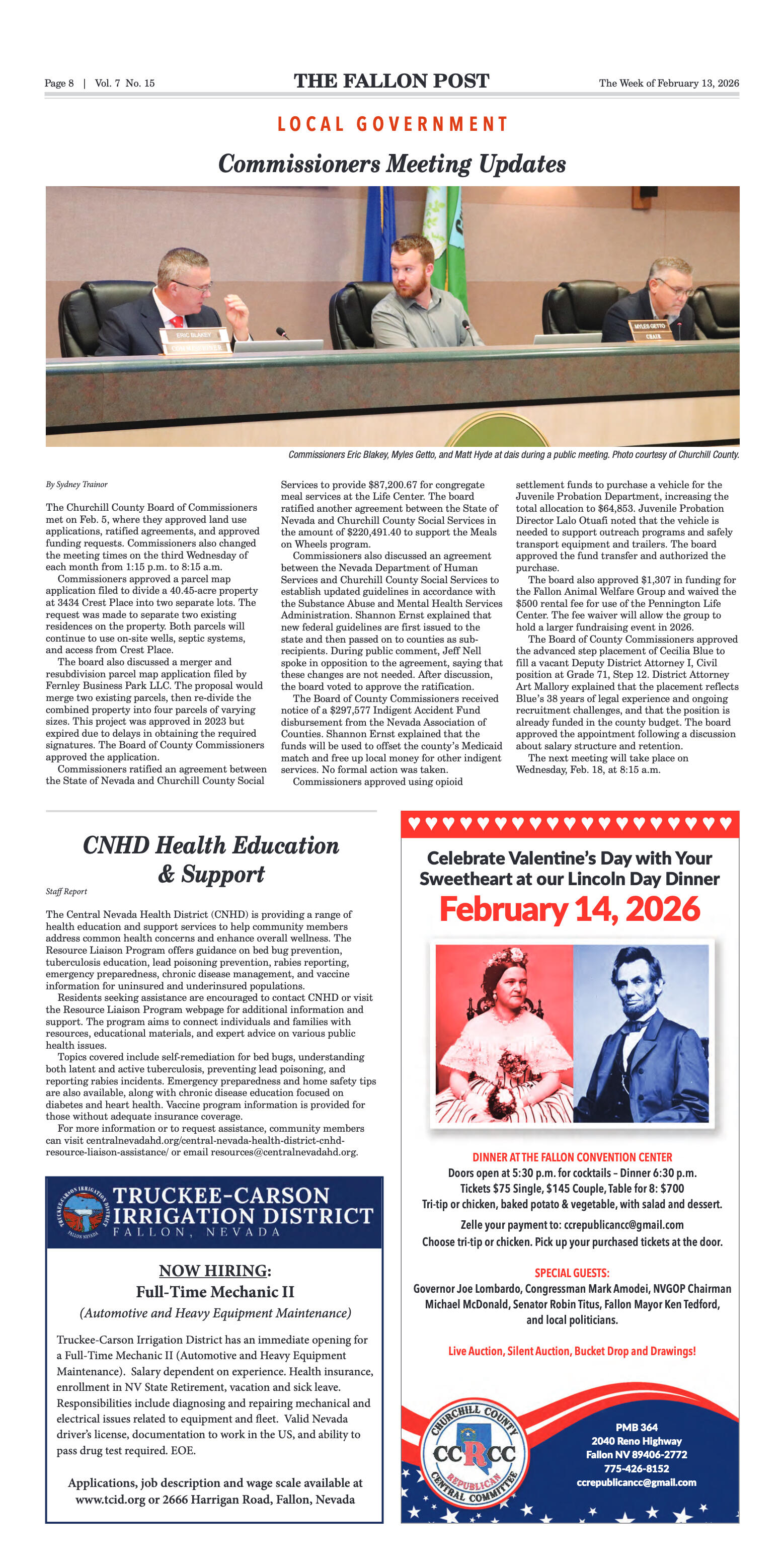
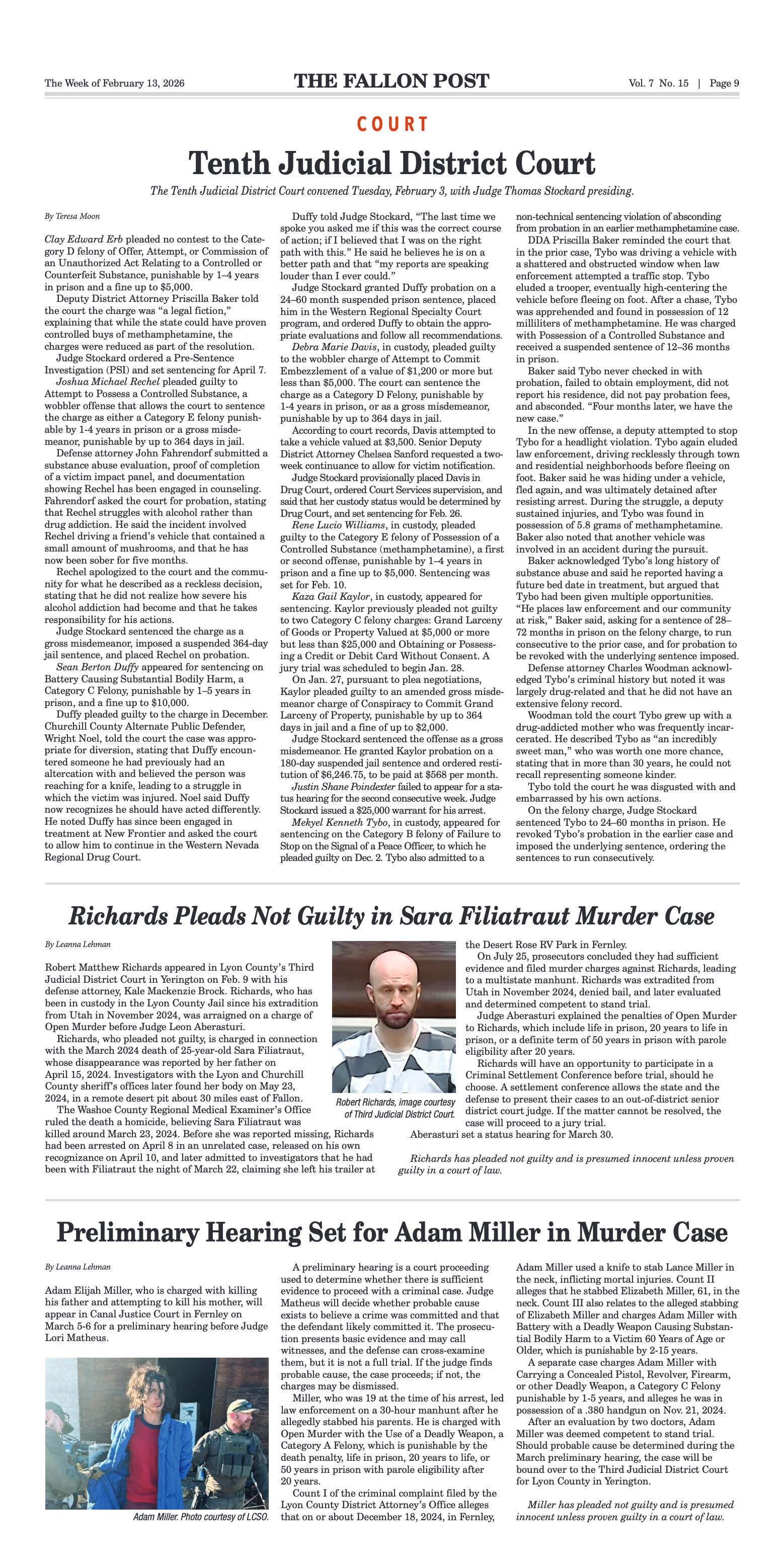
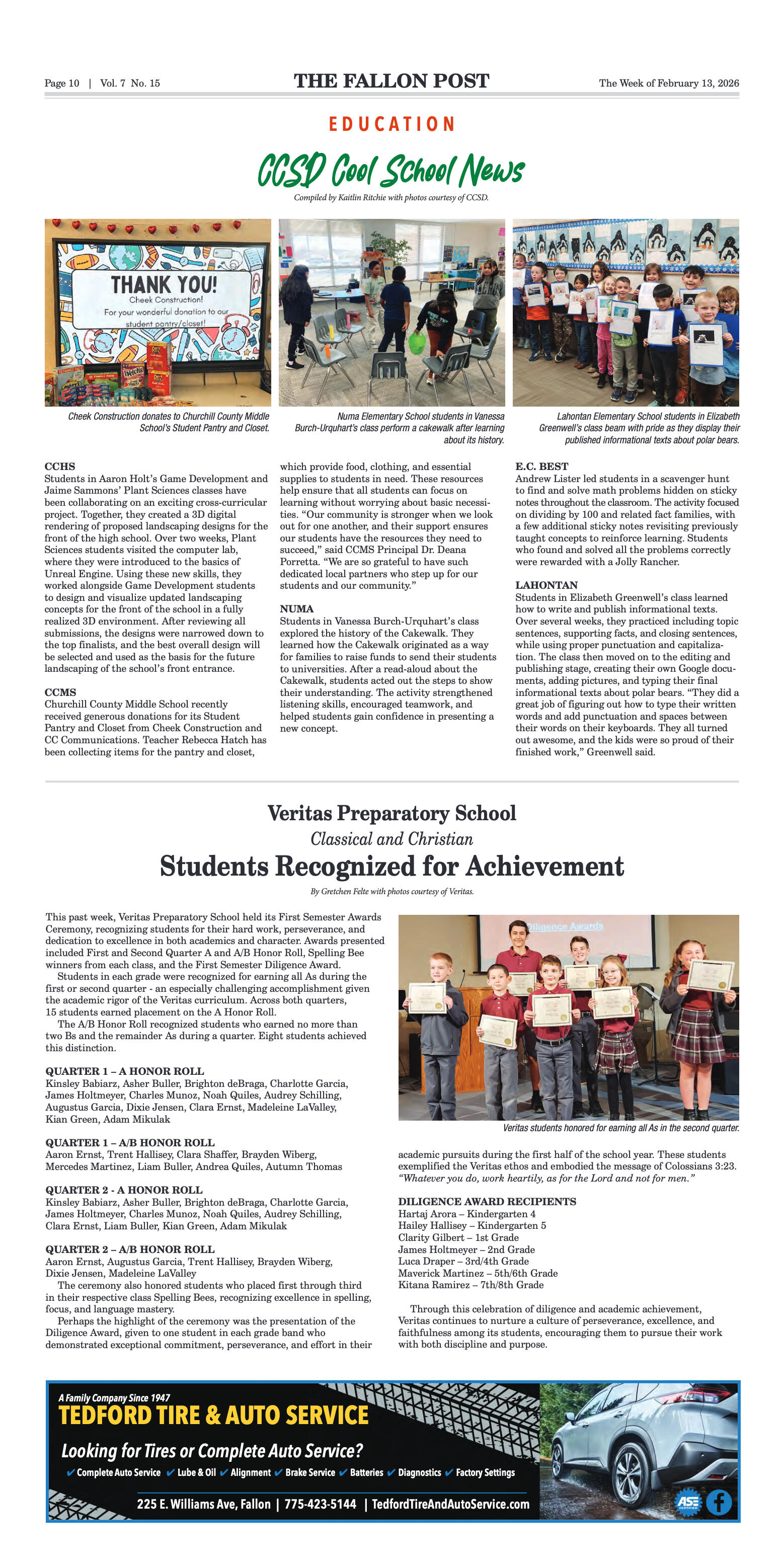
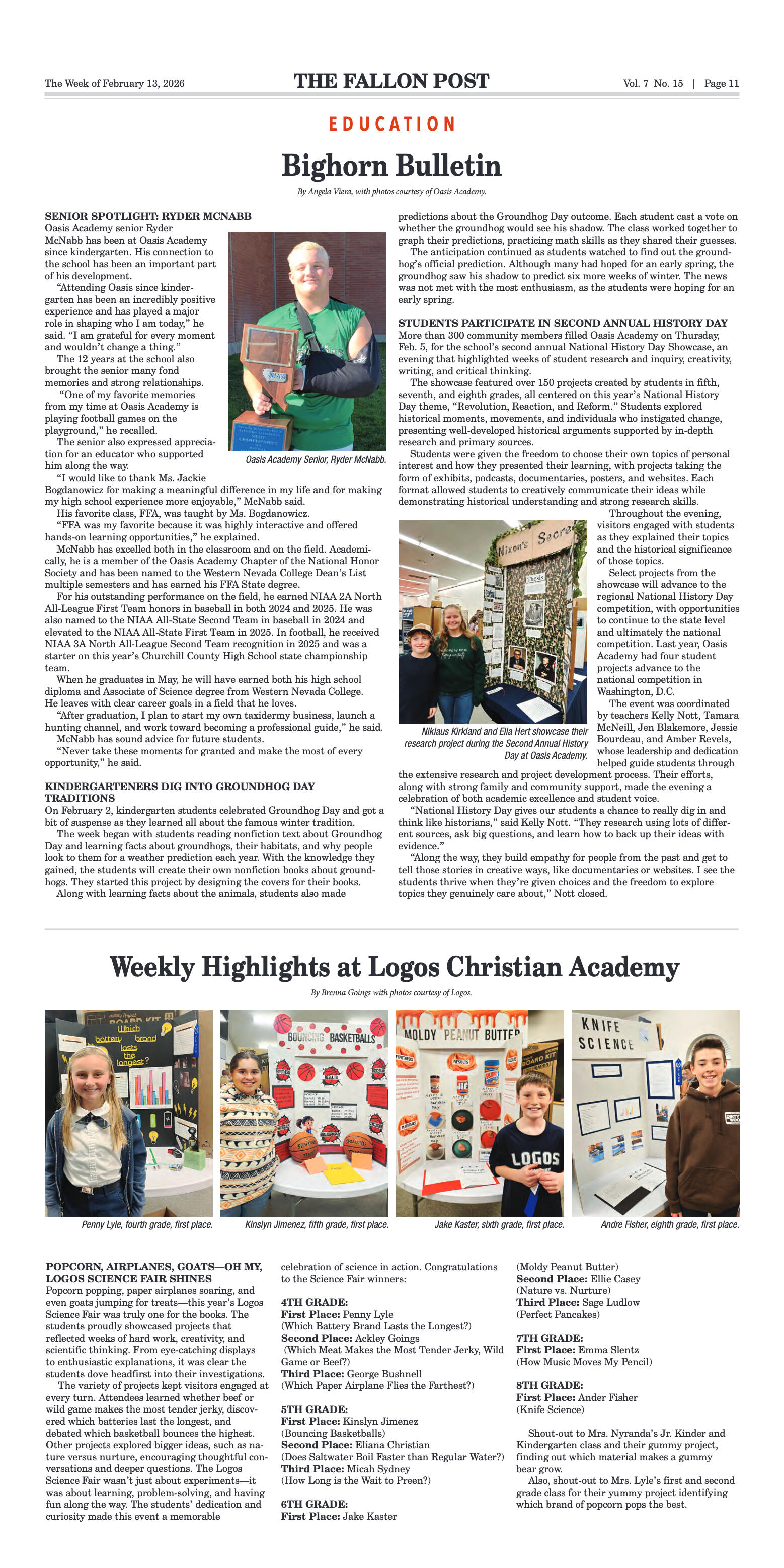
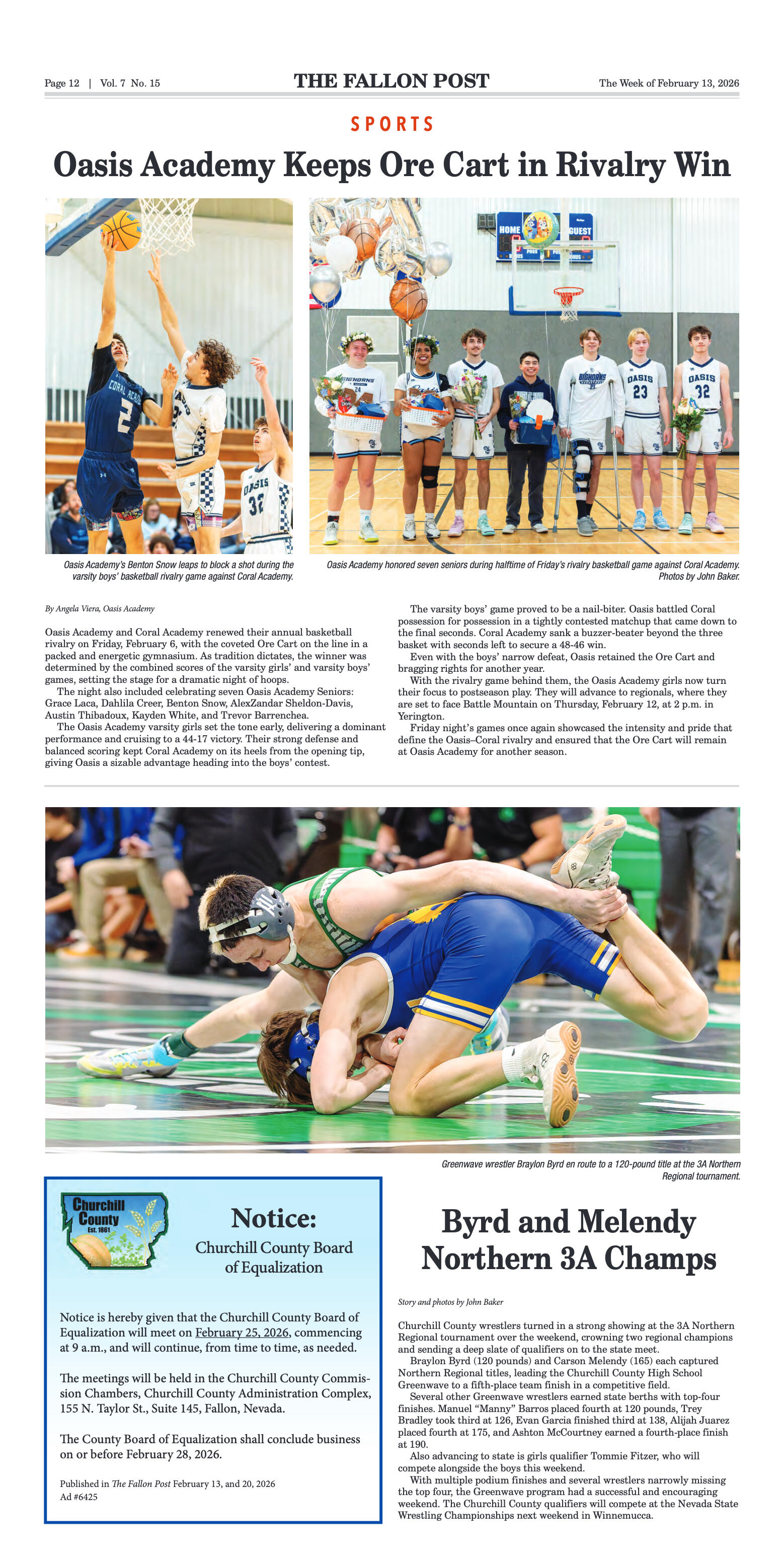

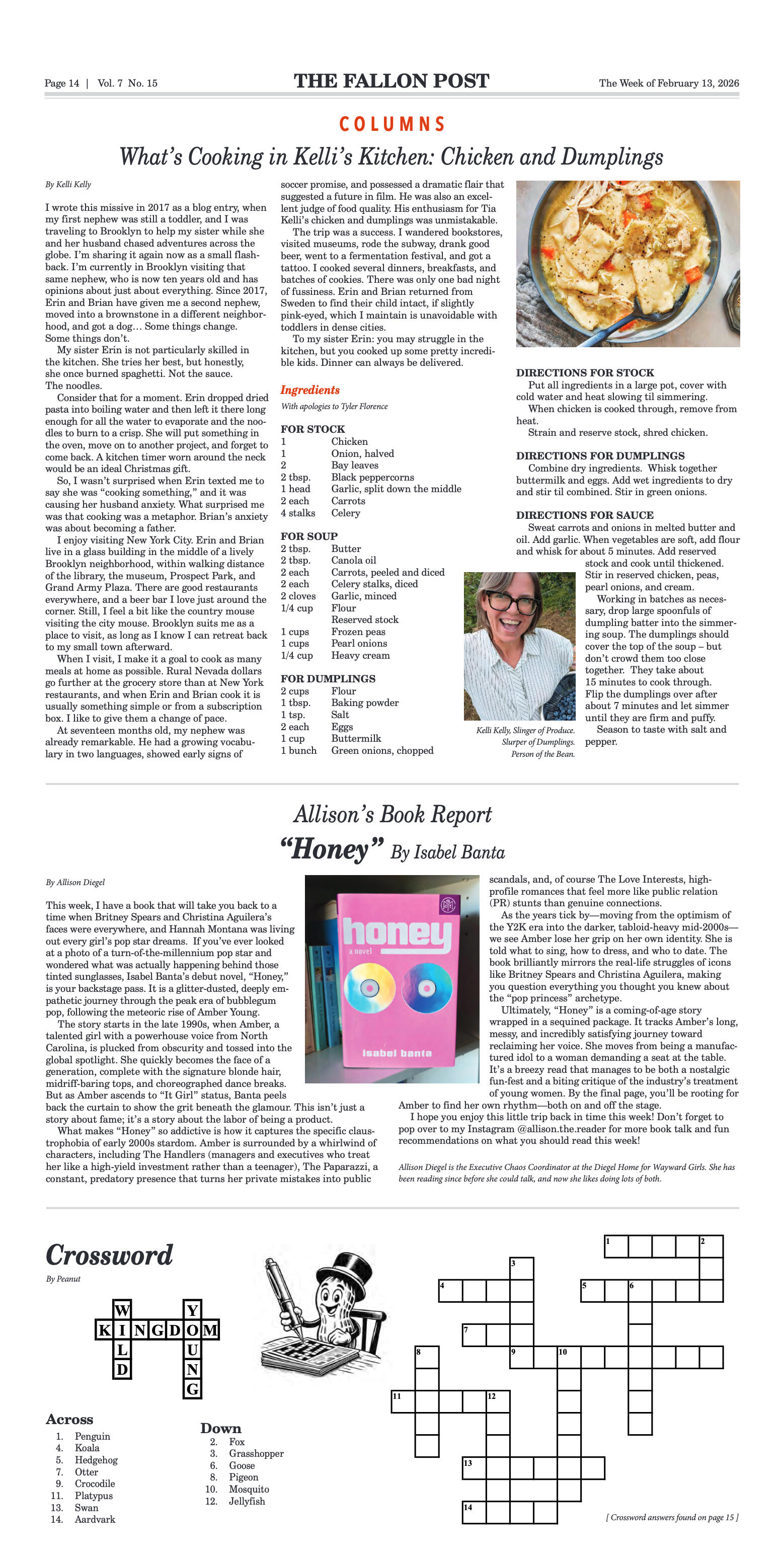
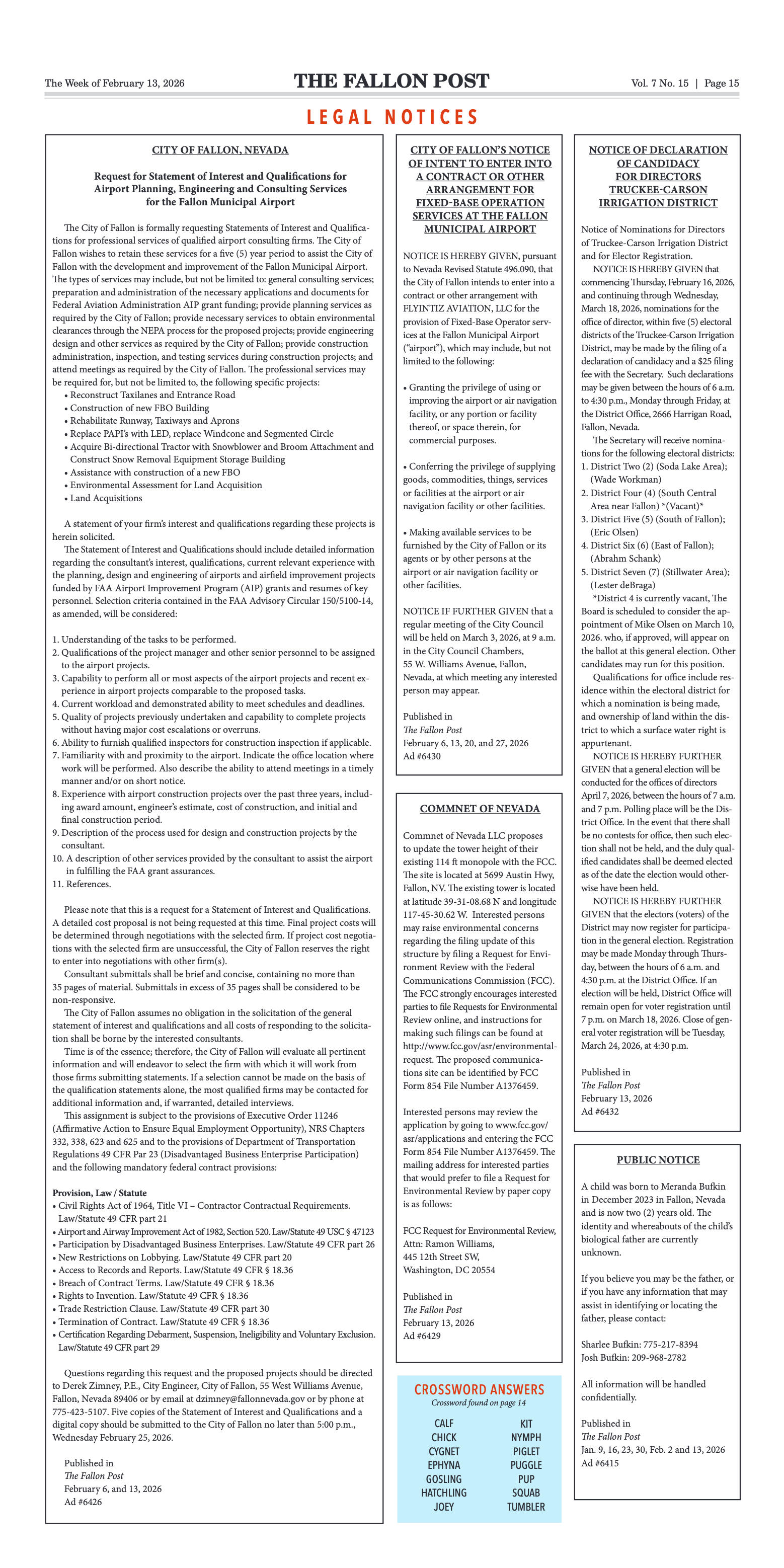
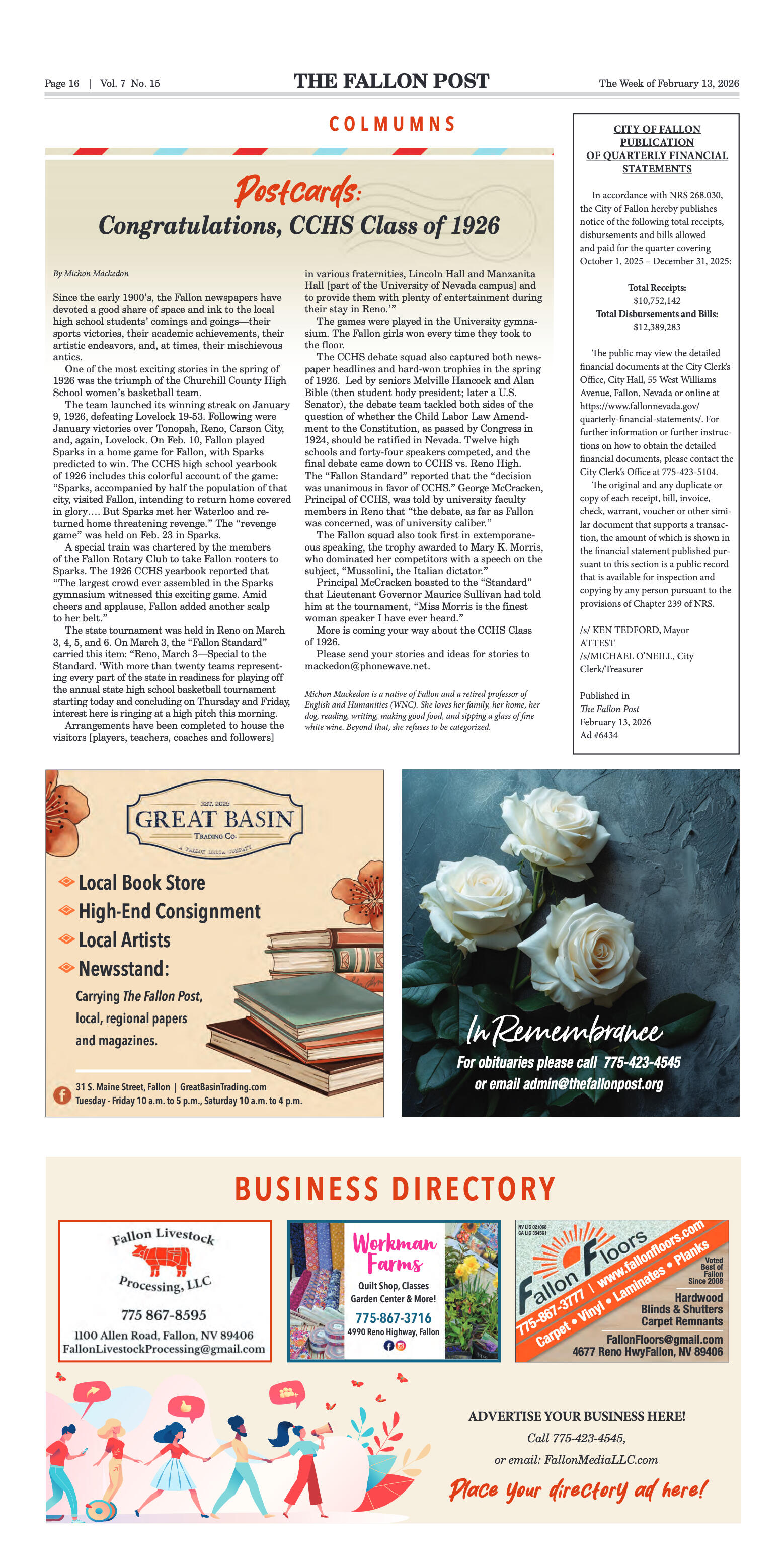




















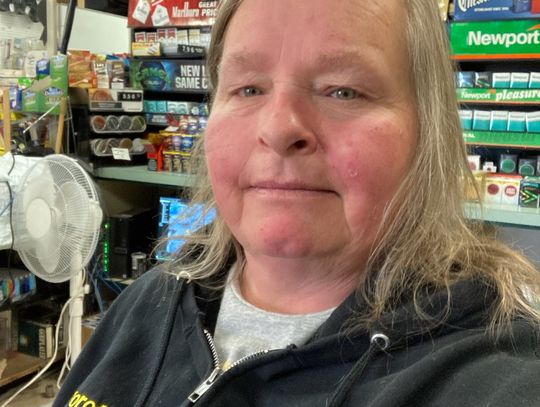
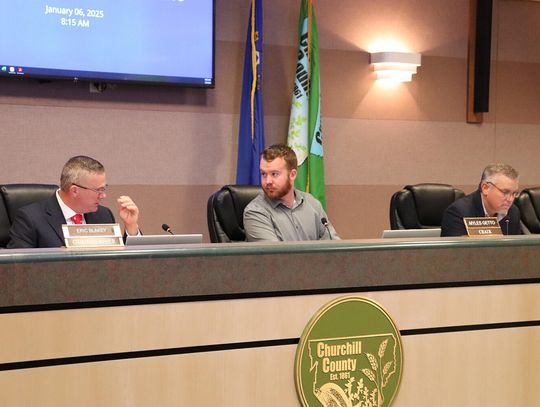
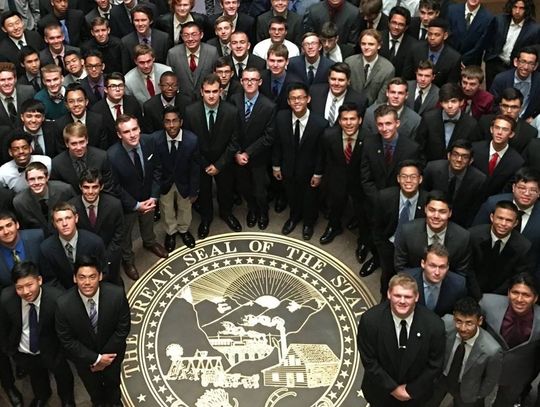
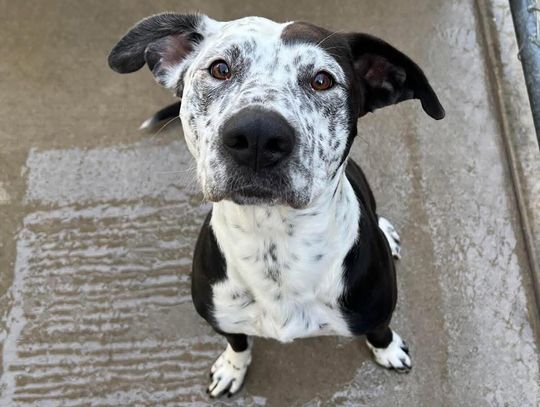
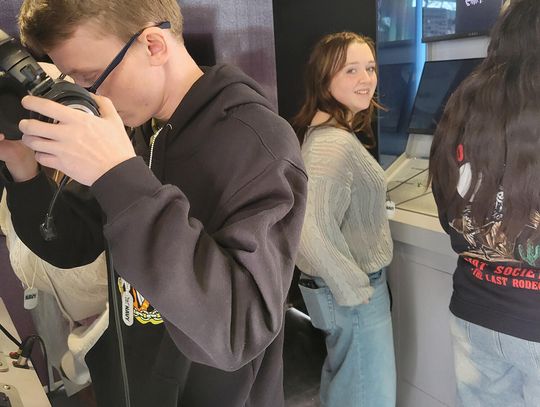

Comment
Comments